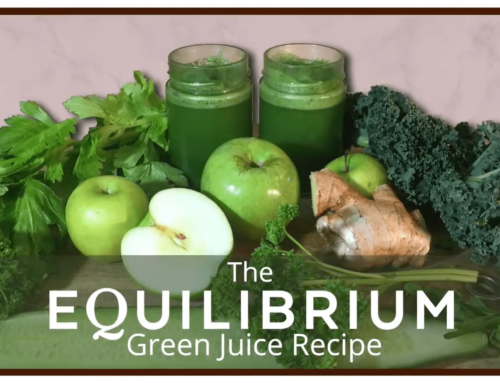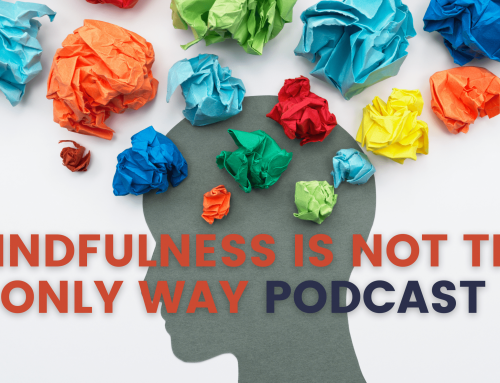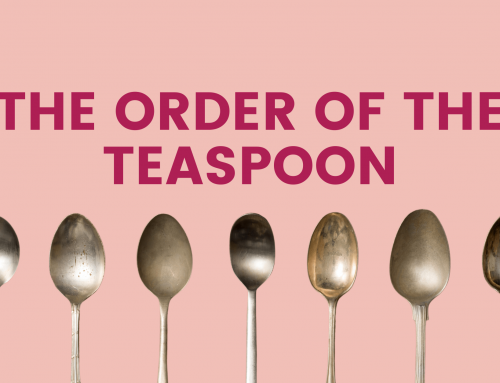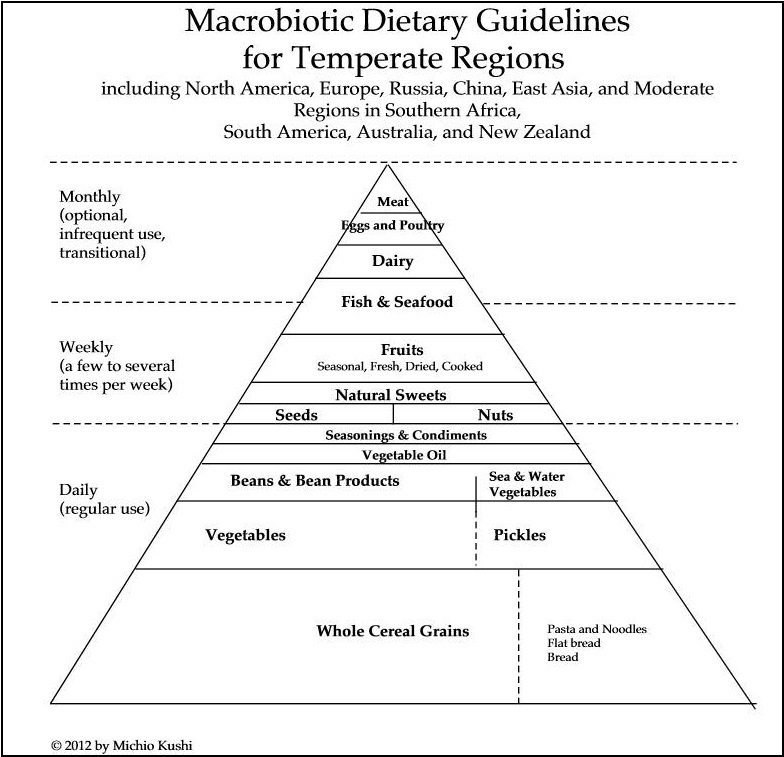
Thanks to www.kushiinstitute.org
I first came across the Macrobiotic diet when a friend’s father was suffering from cancer some years ago now. It sounded extremely restrictive and from that point, I always associated the diet and lifestyle with brown rice and cancer sufferers.
It wasn’t until my training as a health coach a few years ago, that i had the opportunity to dig much deeper into the Macrobiotic lifestyle which has it’s roots firmly in Japanese culture.
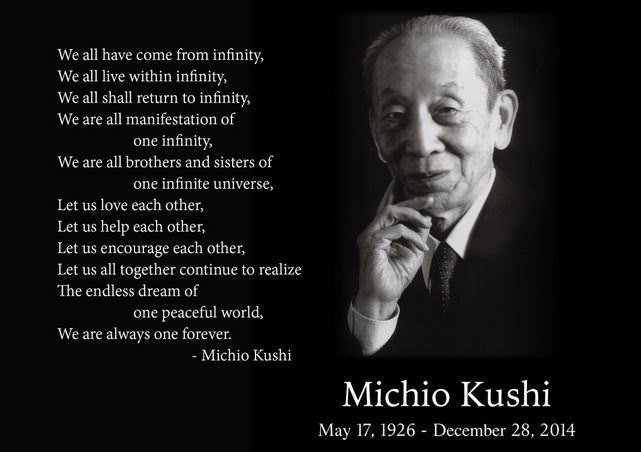
Before I get into the ‘dos and don’ts’, let’s look at some context.
The Macrobiotic diet was first developed by Dr Ishizuka in Japan in c.1908 and was introduced into the Western World by George Ohsawa, and latterly in the 70’s Michio Kushi (above), both prolific writers on philosophy, spiritual development, health, disease and the connection of food with wellbeing.
Today, the Kushi Institute in the USA is the leading macrobiotic educational centre in the world, and I thank the centre for the beautiful quote above, as well as the easy to read food pyramid.
The whole emphasis of macrobiotic is on food which ‘tastes delicious and creates health and happiness’. In fact Ohsawa went as far as to say that a Macrobiotic approach ‘will win the war on sickness and misery’. Those who follow it would agree.
So what is the food recommended in this macrobiotic diet?
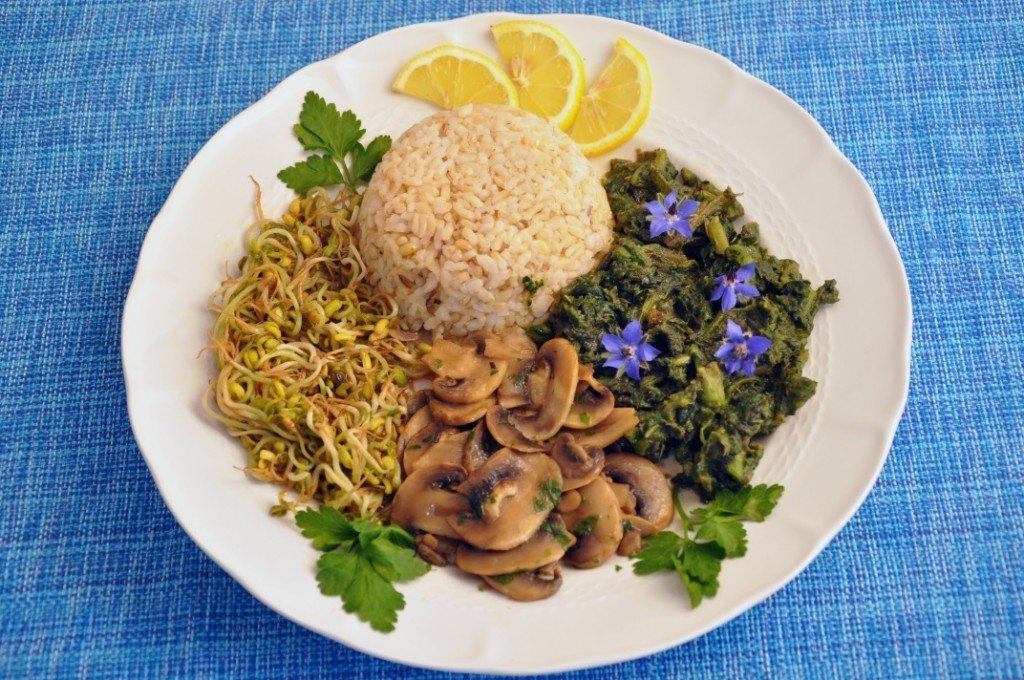 The macrobiotic diet recommends 40-60% whole grains, 20-30% vegetables, 5-10% beans and sea vegetables, in addition to the ‘wellbeing’ elements:-
The macrobiotic diet recommends 40-60% whole grains, 20-30% vegetables, 5-10% beans and sea vegetables, in addition to the ‘wellbeing’ elements:-
1. High fibre, low fat. Whole grains, beans (including tofu and tempeh)
2. Seasonal, local organic fruits and vegetables – and include sea vegetables, with occasional lightly roasted nuts and seeds.
3. Moderate liquids – drink only when thirsty
4. Eat when hungry – little & often
5. Chew thoroughly
6. Exercise regularly & Take care of your psychological wellbeing
7. No animal products (occasional fresh white fish), dairy, sugar (use rice syrup), tropical fruits, hot spices or vinegar- take sea salt or miso/tamari instead.
8. No stimulants – caffeine, alcohol, sodas. Room temperature liquids.
9. No processed food
So how does macrobiotic diet fare against the standard diet?
The pyramid does support the high fibre low fat elements, and the organic and seasonal recommendations, and we all know that processed food should be out for a healthy diet – however – it is almost vegan and can be considered very restrictive.
On the positive side, there is some evidence to indicate that a macrobiotic diet supports wellness and longevity and certainly promotes eating quality plant foods, grains and healthy fats, whilst minimising the amount of meat and dairy.
I also really like the emphasis on ‘how you eat’ as well as ‘what you eat’ as in our fast moving western society, many of us swallow our food whole in order to save a few minutes, and certainly don’t chew our food well. Definitely a no, no from a macrobiotic diet perspective!
Whilst the food is very important, as I said at the start, macrobiotic is about the whole person and therefore includes recommendations on exercise and emotional wellbeing which is so important to achieve true wellbeing.
So, have you ever tried the macrobiotic lifestyle yourself, or know people who have? Let me know your your experiences by writing a comment below.





